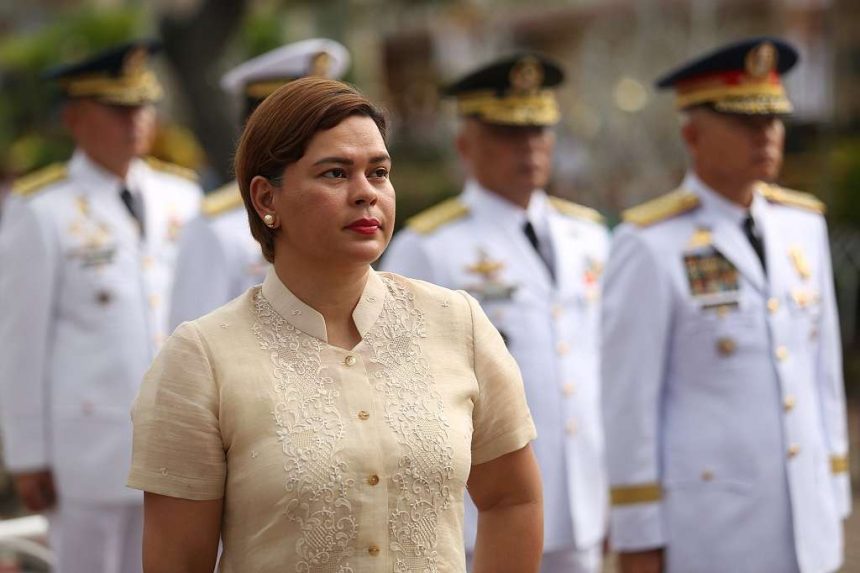Supreme Court Declares Impeachment Unconstitutional
On July 25, the Philippine Supreme Court unanimously ruled that the impeachment complaint filed against Vice President Sara Duterte was unconstitutional. The court found that the impeachment violated a constitutional provision limiting filings against the same official to one per year. With three earlier complaints already submitted—three of which were dismissed or archived—the fourth complaint lacked legal validity.
Impeachment Timeline: From House Approval to Legal Reversal
- In February 2025, the House of Representatives—led by opposition members—approved impeachment proceedings against Duterte. Allegations included misuse of confidential funds, illicit wealth accumulation, and death threats against President Ferdinand Marcos Jr., his wife, and the House Speaker.
- The Senate convened but ultimately returned the articles to the House, citing legal concerns over the number of filings.
- The Supreme Court concluded the fourth complaint was invalid due to the constitutional “one-year bar rule”, effectively blocking any Senate trial.
Charges Not Yet Dismissed
The Supreme Court explicitly stated its ruling does not exonerate Duterte of wrongdoing. It emphasised that its role is to enforce legal process, not pass judgment on allegations. Critics surveyed the decision as enabling political protection for Duterte rather than addressing the substance of the charges.
Dynastic Implications and Political Momentum
The ruling consolidates the political power of the Duterte family. Sara Duterte—who is widely seen as a potential candidate in the 2028 presidential race—secures an extended period free from impeachment threats. Analysts caution the decision may reinforce perceptions of impunity and undermine public confidence in judicial independence, especially given the Supreme Court’s composition, with a majority appointed during former President Rodrigo Duterte’s tenure.
Political Reactions and Strategic Positioning
- Duterte’s legal team characterized the ruling as a victory for constitutional integrity, stating they remain ready to address allegations at the appropriate time.
- The House leadership, while respecting the decision, reaffirmed its commitment to accountability, hinting at potential legal strategies after a one-year hiatus.
- Senate President Francis Escudero stated the upper chamber will comply with the court’s orders, effectively halting any trial proceedings.
What Comes Next
- No impeachment filings against Vice President Duterte can proceed until February 2026.
- Political opponents may explore alternate avenues such as administrative investigations or public scrutiny through civil society channels.
- Duterte’s political rivals will likely assess whether her status as an opposition figure is now solidified, especially leading up to future electoral contests.
Final Analysis
The Supreme Court’s decision to block the impeachment bid against Sara Duterte underscores a legal technicality—and not an exoneration—leaving critical allegations unresolved. While the ruling strengthens her political position, it raises broader concerns about institutional fairness and the limits of constitutional protections. As watchdog groups and political adversaries rethink their strategies, the broader fallout for Philippine democracy remains in question.











